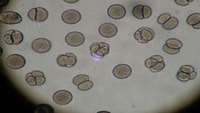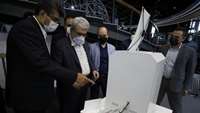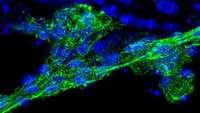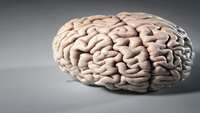Immune system inhibitors released by new biomaterial may stop rejection
Immune system inhibitors slowly released by biodegradable scaffolds may allow regenerative medicine to bypass implant rejection.
16Iranian products made in the field of stem cells and reconstructive medicine were unveiled; Sattari: The research ecosystem is stabilized by injecting private sector capital.
In unveiling 16 products in the field of stem cells and reconstructive medicine, the Vice President of Science and Technology emphasized on maintaining its chain, referring to the development of research in the country.
Adipose stem cells could be controlled by omega-3
Researchers have found that adipose stem cells can sense and respond to the levels of omega-3, altering their behavior.
Study of T cells from COVID-19 convalescents guides vaccine strategies
A KAIST immunology research team found that most convalescent patients of COVID-19 develop and maintain T cell memory for over 10 months regardless of the severity of their symptoms. In addition, memory T cells proliferate rapidly after encountering their cognate antigen and accomplish their multifunctional roles.
New therapeutic target for axon regeneration in spinal cord injuries
Scientists have discovered that Lin28 is a major regulator of axon regeneration and a promising therapeutic target for spinal cord injuries.
Engineered cells successfully treat cardiovascular and pulmonary disease
Scientists at UC San Francisco have shown that gene-edited cellular therapeutics can be used to successfully treat cardiovascular and pulmonary diseases, potentially paving the way for developing less expensive cellular therapies to treat diseases for which there are currently few viable options.
Plexin-A1 gene plays a more extensive role in brain development, study shows
Study by the University of Bonn shows that mutations of the investigated gene manifest in different patterns of inheritance.











